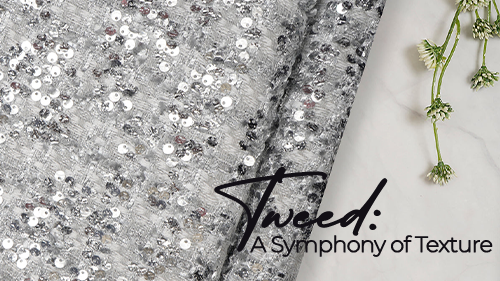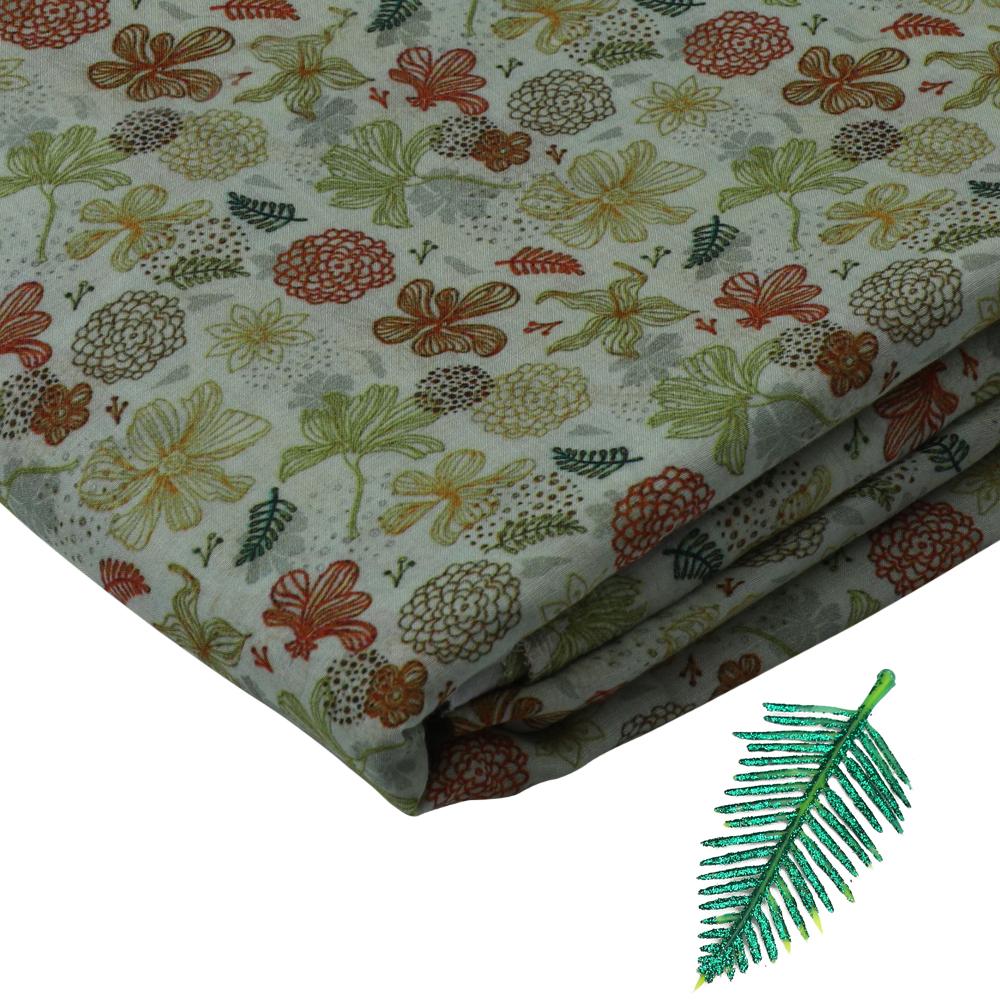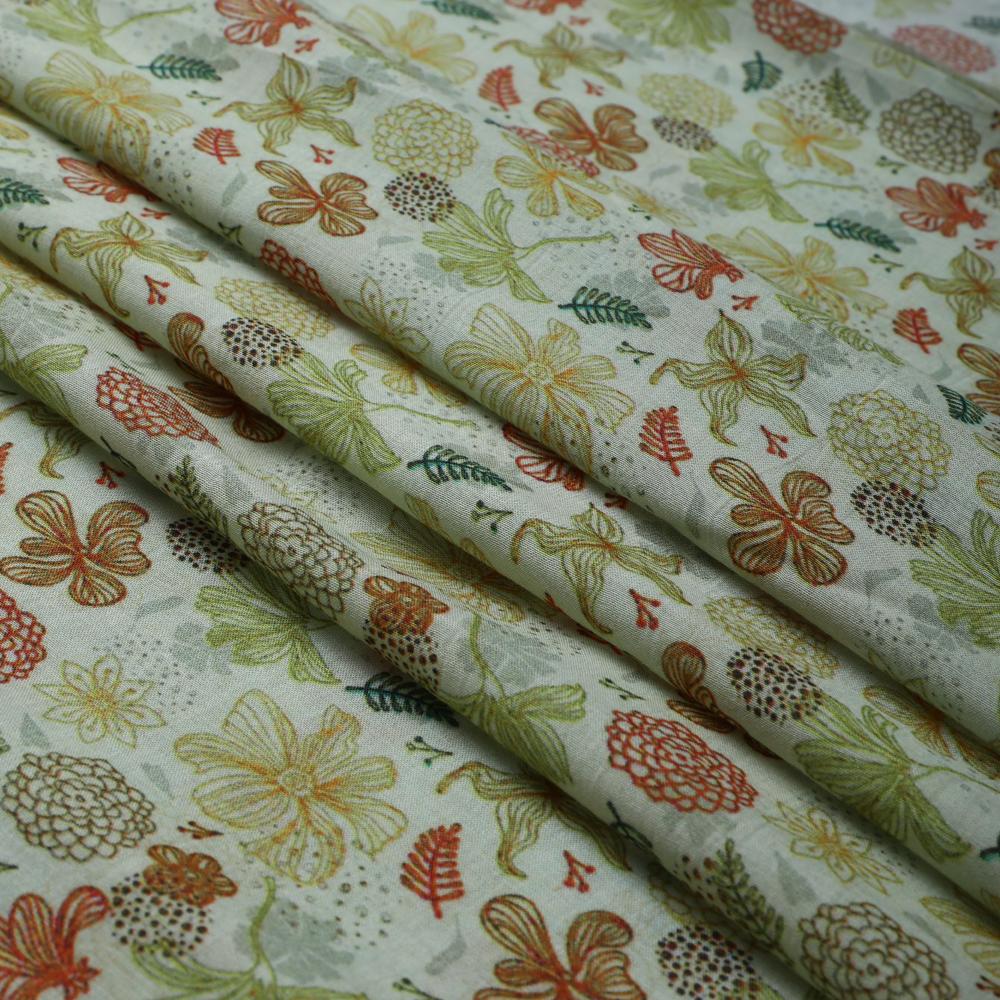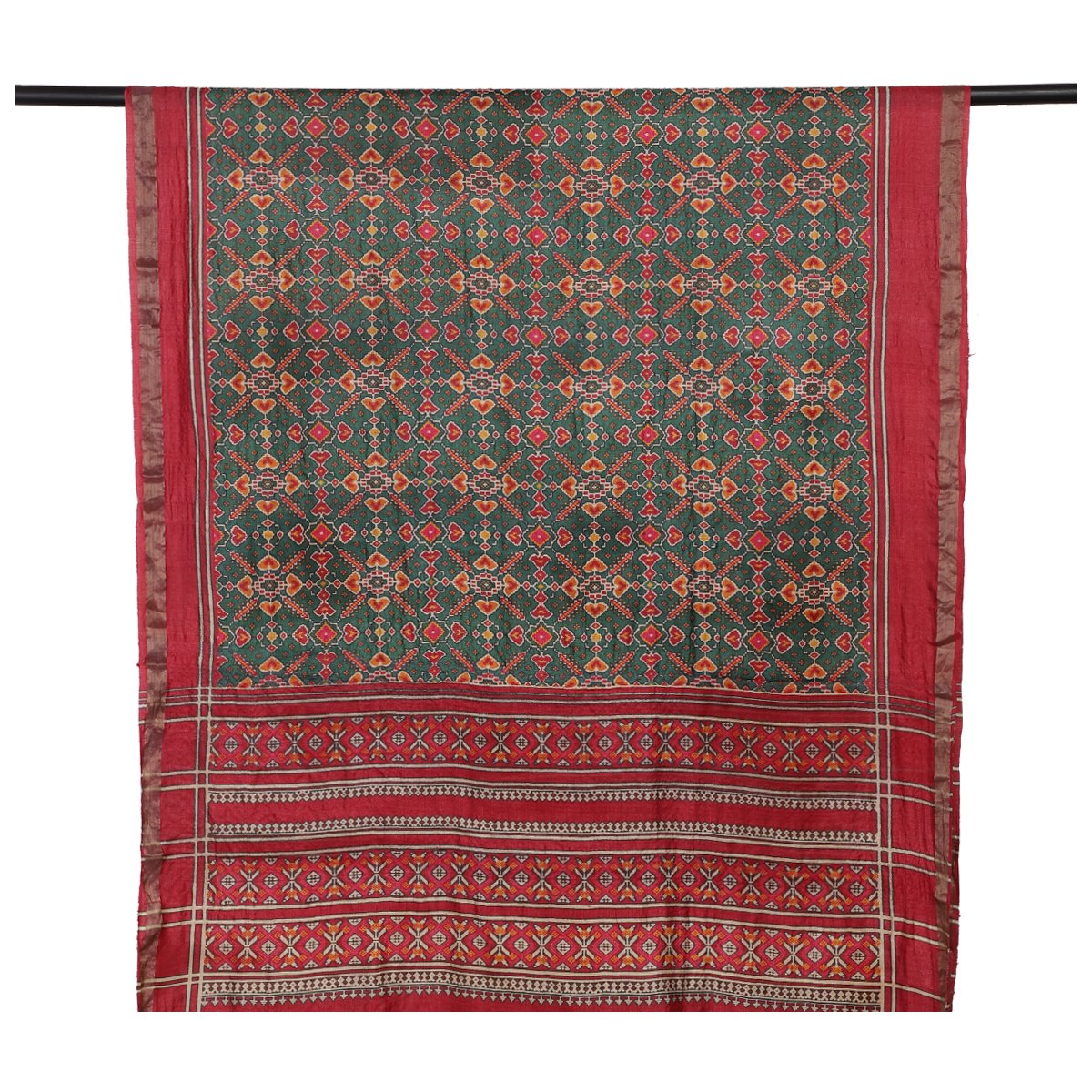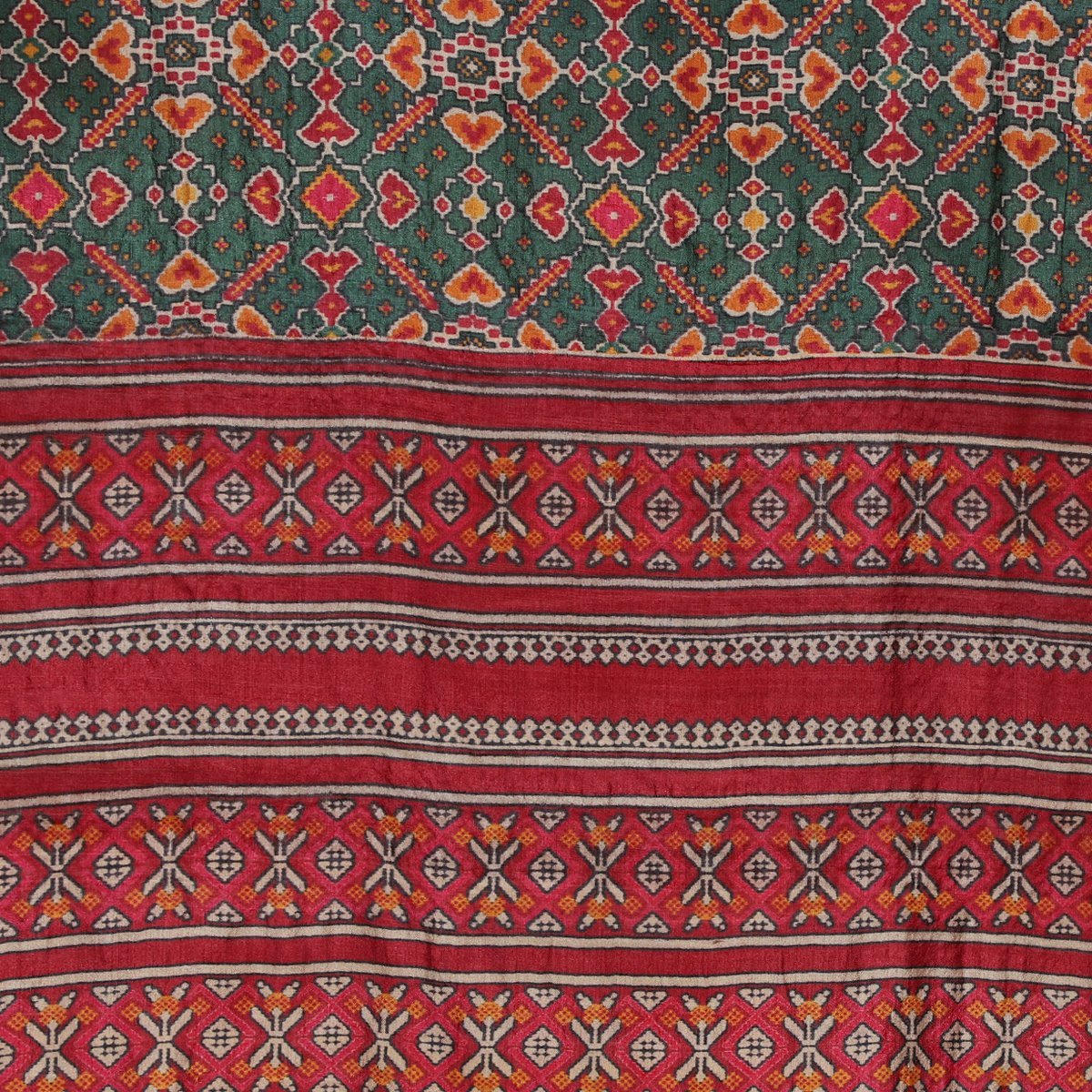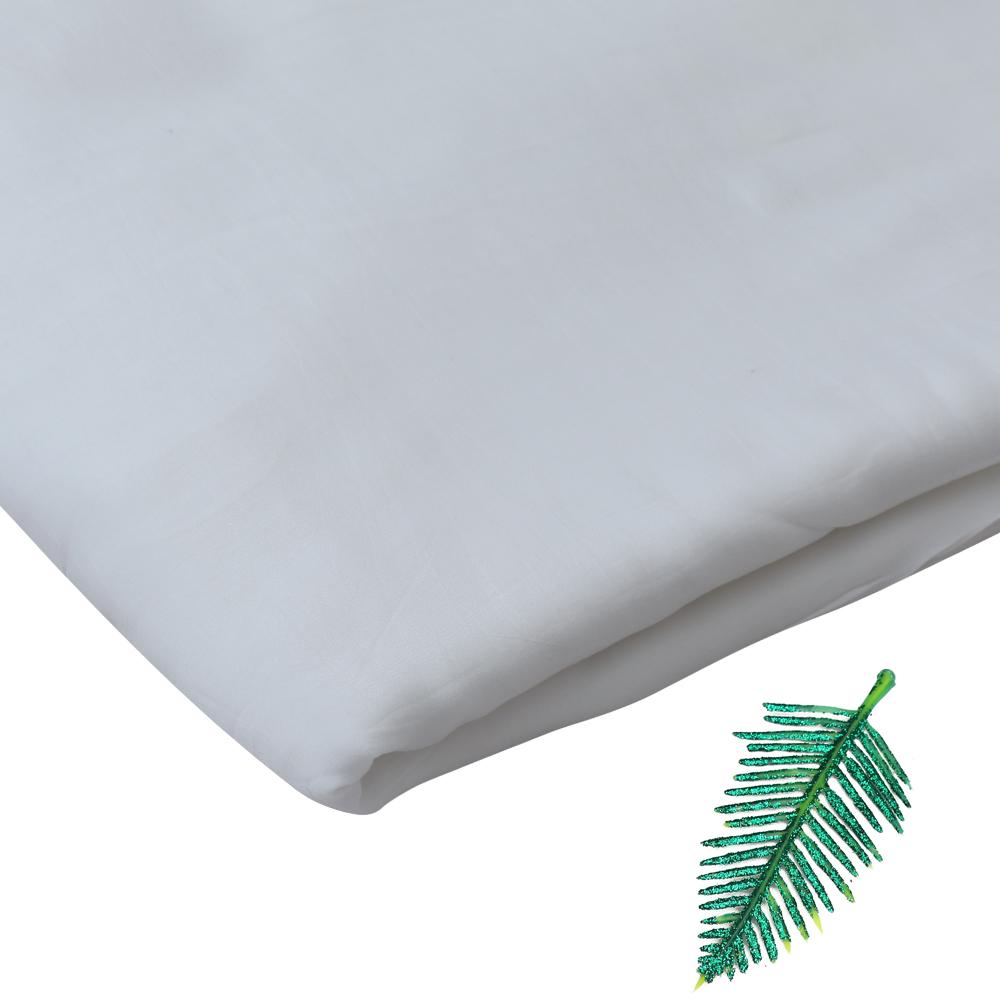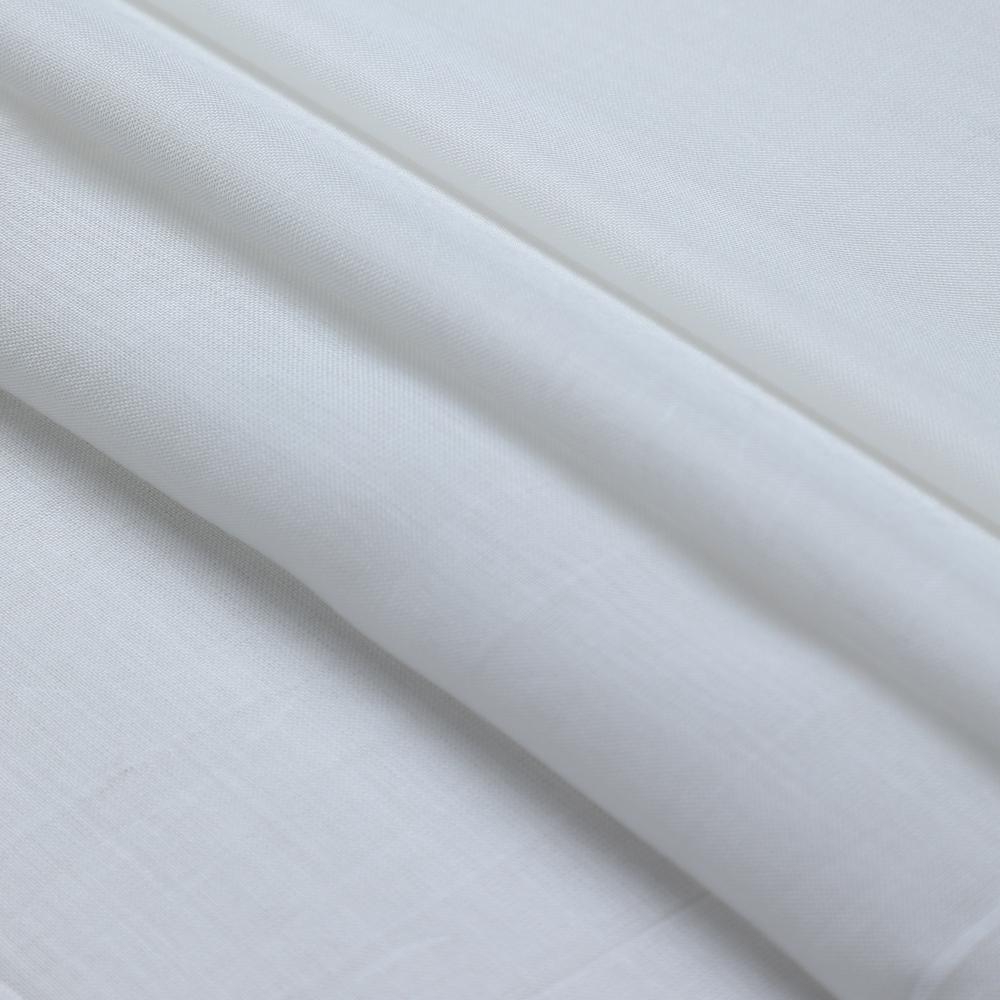Ah, tweed!
Just saying the word conjures up images of cosy firesides, brisk country walks, and timeless elegance. There's something undeniably charming and enduring about tweed that makes it the go-to fabric when the winter winds start to blow.
But what is it about this classic material that makes it so perfect for the colder months?
Understanding the tweed fabric
Tweed, a unique woollen fabric, is intentionally crafted for its durability in varying weather conditions. Due to its natural wool composition, each tweed item possesses a distinct appearance, enhancing its appeal. By selecting specific sheep breeds, you can exert some influence over the resulting pattern in your tweed attire. The iconic tweed designs we adore are then achieved through a process known as bunch-dyeing.
Tweed, initially developed by the Scots, is known for its coarse and rugged texture, making it primarily suited for outerwear. Today, tweed has gained worldwide popularity and is considered a fashion essential. Interestingly, a significant portion of tweed wool is sourced from Australia.
How many types of tweed are there? Let’s find out
Tweed fabric can be crafted in numerous methods, and various tweed varieties are distinguished by factors such as the type of sheep's wool used, the geographical origin of production, or the specific weaving technique or pattern employed. Here, we explore some of the most well-liked variants of tweed.
1.Harris Tweed
Harris Tweed is a legally safeguarded variety of tweed produced in the Outer Hebrides, an island group situated off the northern coast of Scotland. The Harris Tweed Act of 1993 outlines a precise definition for Harris Tweed, stipulating that it must be handwoven by the island's residents in their homes in the Outer Hebrides. Undergo finishing processes within the Outer Hebrides, and be crafted from entirely pure virgin wool that is both dyed and spun in the Outer Hebrides.
- Donegal tweed
Named after the Irish county of Donegal, Donegal Tweed is renowned for its origin. It stands as one of the most globally acclaimed tweed varieties, characterized by the presence of colourful yarn specks that adorn its textured surface, resembling a rainbow-like pattern.
- Saxony tweed
Saxony tweed, crafted from the fleece of merino sheep, was initially produced in Saxony, Germany. This particular tweed stands out for its exceptionally soft and velvety texture, owing to the inherent qualities of merino wool.
- Herringbone tweed
Herringbone is a distinctive broken twill weave, creating a surface pattern characterized by the appearance of V-shaped designs. The name "herringbone" is derived from the resemblance of this pattern to fish bones, as some observers have noted.
- Shetland tweed
Shetland Tweed derives its name from the sheep found on the Shetland Islands, a remote archipelago situated off the northeastern shores of Scotland. This tweed variety is known for its lighter and finer wool, resulting in a more lightweight and casual tweed fabric.
- Barleycorn tweed
The barleycorn tweed weave creates a visual resemblance to the kernels of barley on the fabric's surface. Furthermore, this intricate pattern is highly dynamic and imparts a slightly textured and bumpy tactile quality.
- Cheviot tweed
Cheviot Tweed is so named because it is produced using wool from Cheviot sheep, which are native to the Cheviot Hills in the Scottish borders area. This particular tweed is typically coarser and weightier compared to other tweed varieties.
- Overcheck twill
Overcheck twill is a plain twill fabric characterized by a substantial checkered design in a contrasting colour, adding a distinctive element to the overall tweed pattern.
How warm-welcoming is this winter fabric?
First and foremost, let's talk warmth. Tweed is like that trusty friend who always has your back when the temperature drops. Originally developed in Scotland and Ireland, where they know a thing or two about chilly weather, this winter fabric is woven in a way that traps air in its dense, tight weaves. Moreover, this creates a natural insulation – a kind of sartorial hug that keeps you warm when Jack Frost is nipping at your nose.
But it's not just about staying warm, it’s also about;
Tweed is tough. It's the kind of fabric that laughs in the face of harsh weather. Originally worn by farmers and outdoor workers, it's designed to withstand the elements. Rain? No problem. Wind? Bring it on. Tweed's resilience makes it a practical choice for winter, not just a stylish one.
This winter fabric has the incredible ability to be both traditional and trendy. It's a staple of classic fashion, evoking images of British aristocracy, academia, and even iconic detectives (hello, Sherlock Holmes!). Yet, it also pops up on modern runways, proving its enduring appeal. Whether you're donning a tweed blazer, a sleek coat, or even a quirky cap, you're making a statement that's both classic and contemporary.
And oh, the versatility!
4. Versatility
Tweed isn't just for formal occasions. It can be dressed up or down. Pair a tweed jacket with jeans for a casual look, or with trousers for a more polished outfit. Ladies, a tweed skirt or dress can be both office-appropriate and perfect for a weekend brunch. The possibilities are as endless as they are stylish.
Lastly;
- Sustainability
In our increasingly eco-conscious world, tweed also ticks the sustainability box. It's a natural fabric, often made from wool, and is durable enough to last for years if not decades. Investing in a piece of tweed clothing is not just a fashion statement; it's a nod to environmental responsibility.
- Texture and Colour
Finally, let's not forget the aesthetic appeal of tweed. The texture! The colors! With its distinctive weave, tweed has a tactile quality that adds depth to any outfit. And the colours – from earthy browns and greens to more vibrant hues – are as varied as they are beautiful, often woven together in intricate patterns.
In conclusion
Tweed isn't just a textile; it's a true winter champion. It embraces you with its cosy warmth, stands strong against the test of time, and effortlessly blends into any style. It's a sustainable choice that not only looks good but also feels good.
So, the next time you prepare to brave the cold, why not reach for the allure of tweed? We assure you, you'll exude both charm and confidence, wrapped in a fabric with a heritage as rich as its enduring elegance. Stay toasty and fashionable, dear friends!
You may also like:
Chanderi Silk is different from other silks. Let's understand the differenceFrom Ceremony to Dance Floor: Occasion Wear Suits for All-Day Comfort
Find the Best Fabric for Saree with FFAB's Exquisite Collection
